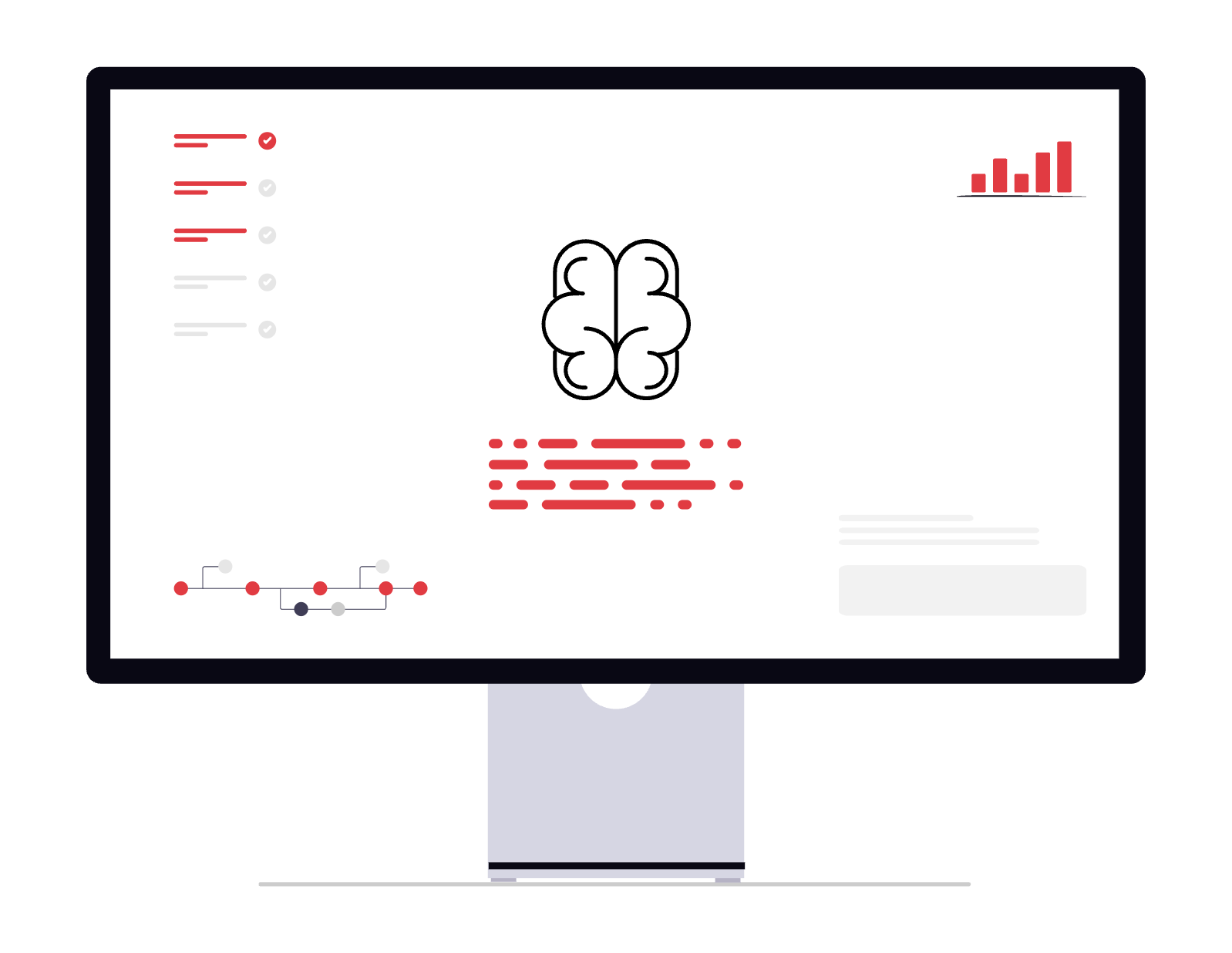The Rise of Corporate Citizens in the Age of AI
Artificial intelligence (AI) is transforming the way companies make decisions. The question “When can AI make good decisions?” is becoming increasingly relevant — not only for pilot projects, but for strategic business processes as well.
The evolution is shifting from pure automation tools toward Agentic AI — autonomous systems that make decisions independently and actively orchestrate processes.
"This creates a new understanding of roles: AI becomes a Corporate Citizen — an active player within the company."
What Does “Good Decisions” by AI Really Mean?
At Stratoor Consulting, high quality AI decision making is defined by a combination of factors:
-
Relevance: Decisions align with business goals and leverage valid data.
-
Correctness: Factually accurate, regulation-compliant, and business-appropriate.
-
Transparency: Decision paths are clear, building trust.
-
Scalability: Decisions can be repeated at high frequency while maintaining consistent quality.
-
Adaptability: AI learns from outcomes and adjusts its models to changing conditions.
Only when all these criteria are met can we truly speak of “good” AI decisions.
From Automation to Agentic AI
Traditional AI applications primarily focus on automating individual tasks. The next evolutionary step is Agentic AI: autonomous agents that make decisions independently, execute actions, and integrate seamlessly into business processes.
Key characteristics of Agentic AI:
-
Autonomy: Operates within defined boundaries.
-
Collaboration: Works alongside other agents and human employees.
-
Learning: Adapts based on outcome data.
-
Orchestration: Manages end-to-end processes.
This transforms AI from a tool into a strategic player. Companies must view these systems as Corporate Citizens that assume responsibility.
Prerequisites for High-Quality AI Decisions
Data and Infrastructure
High-quality, current, and structured data is essential. Incomplete or flawed data leads to unreliable outcomes. Robust IT infrastructure and data pipelines are a must.
Clear Goals and Process Integration
AI systems must be embedded in well-defined business processes. Goals should be measurable, processes transparent, and responsibilities clearly assigned.
Governance and Trust
Responsibility, accountability, and ethical guidelines must be clearly defined. Only then can AI decisions be transparent and trustworthy.
Human-Machine Collaboration
For complex or high-risk decisions, a human-in-the-loop model should be established to prevent errors.
Scaling and Organizational Maturity
Successful AI applications must move beyond pilots. Organization, role assignment, and monitoring are key to ensuring consistency and quality.
Limits of AI Decision-Making
AI hits its limits when:
-
Data is insufficient or unstructured.
-
Decisions rely heavily on creativity, intuition, or ethical judgment.
-
Regulatory or ethical frameworks are unclear.
-
Governance and control are insufficient, letting autonomous agents act unchecked.
Companies must recognize these limits and implement a human-in-the-loop approach where needed.
Corporate Citizens: AI as a Strategic Player
A Corporate Citizen is an AI system that takes responsibility like a business actor. This includes:
-
Roles and Responsibilities: Tasks, accountability, and control mechanisms clearly defined.
-
Governance: Structured framework for decision quality, risk monitoring, and compliance.
-
Value Creation: Efficiency gains, faster decisions, process automation, and new business models.
Transformation requires companies not only to implement technology but also to adapt organizational structures and processes.
Practical Examples
-
Financial Services: Agentic AI evaluates creditworthiness, optimizes pricing, recommends products, and flags anomalies — humans intervene only in complex cases.
-
Supply Chain Management: AI agents manage procurement, production, storage, and logistics in real time, adjusting to demand, supplier status, and external factors.
-
Customer Service: Autonomous systems prioritize requests, generate responses, learn from feedback, and involve humans only in exceptional cases.
In all cases, good decisions result from a combination of data quality, process design, governance, and human involvement.
Actionable Steps for Companies
-
Maturity Assessment: Evaluate data quality, process clarity, and pilot projects.
-
Define the Target State: Which decisions should AI agents make? What control mechanisms are needed?
-
Process and Organizational Design: Plan roles, governance, data infrastructure, and employee training.
-
Monitoring and Scaling: Measure KPIs for decision quality, time, cost, and customer satisfaction. Scale successful use cases while controlling risks like bias, ethics, and transparency.
Conclusion
AI can make good decisions — but only under the right conditions. Key success factors include data quality, process integration, governance, and human-machine collaboration.
The transformation toward Corporate Citizens opens new opportunities: improved efficiency, innovation, faster decisions, and new business models. Leaders must act now to strategically anchor AI and generate sustainable value.
Sources:
Berruti, F., Hämäläinen, L., Cheta, O., Anant, V., Lewandowski, D. (2025). When can AI make good decisions? The rise of AI corporate citizens. McKinsey & Company.
McKinsey & Company. (2025). Seizing the agentic AI advantage. Report.
Mirishli, S. (2025). The Role of Legal Frameworks in Shaping Ethical Artificial Intelligence Use in Corporate Governance. arXiv:2503.14540.
Castelnovo, A. (2024). Towards Responsible AI in Banking: Addressing Bias for Fair Decision‑Making. arXiv:2401.08691.
Raza, S., Sapkota, R., Karkee, M., Emmanouilidis, C. (2025). TRiSM for Agentic AI: A Review of Trust, Risk, and Security Management in LLM-based Agentic Multi-Agent Systems. arXiv:2506.04133.
VStorm. (2025). What is Agentic AI? A simple guide for Small and Medium Businesses.


Submit Your Comment